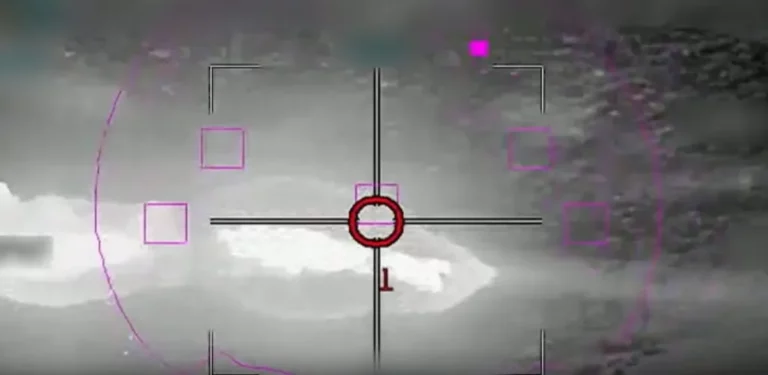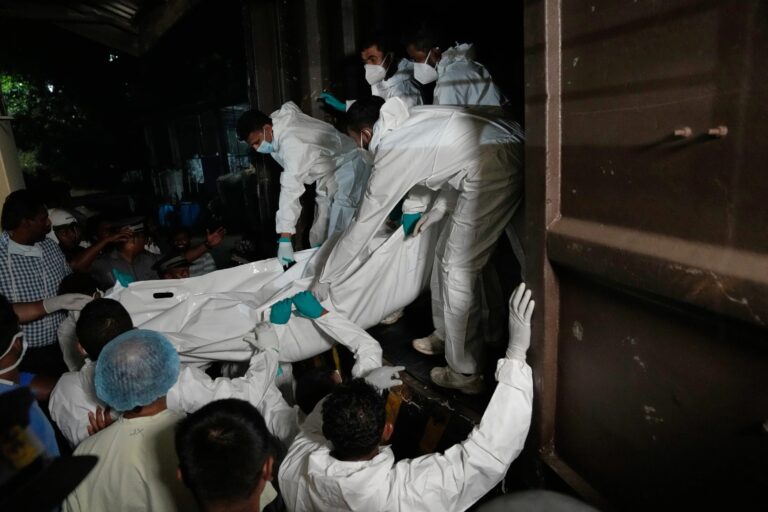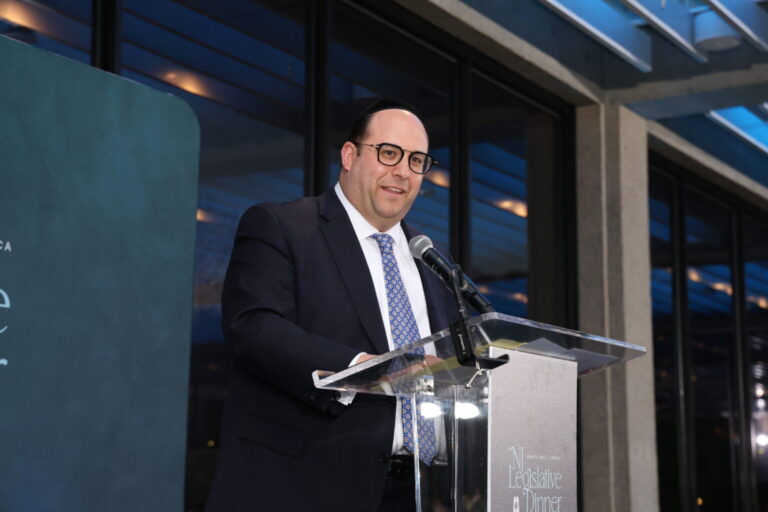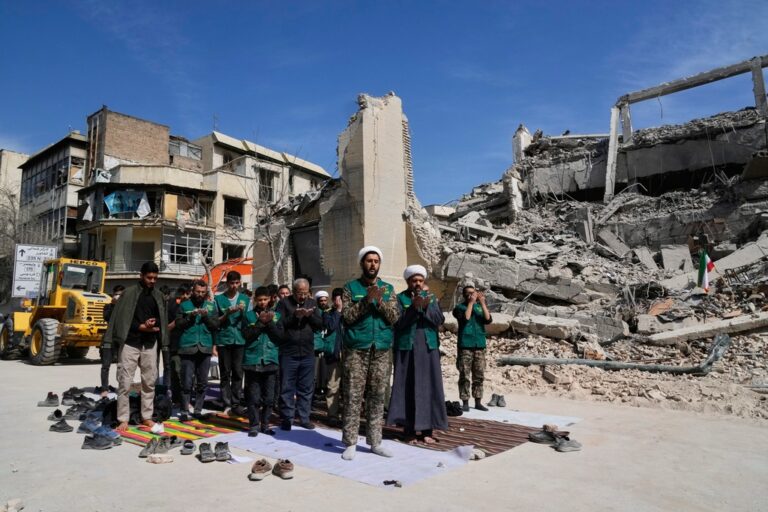 The Obama administration will take $589 million in existing federal funds – most of which were intended to combat the Ebola virus – and spend the money instead on fighting the spread of the Zika virus.
The Obama administration will take $589 million in existing federal funds – most of which were intended to combat the Ebola virus – and spend the money instead on fighting the spread of the Zika virus.
The move, which federal officials described as a stopgap measure, came after GOP congressional leaders refused to provide $1.9 billion in emergency funds to limit transmission of Zika in the United States and abroad. In a conference call with reporters, the officials said they would reprogram $510 million in Ebola funds and $79 million in other resources to prepare for and respond to Zika.
“These repurposed funds are not enough to support a comprehensive Zika response,” said Office of Management and Budget Director Shaun Donovan. The government was compelled to take the step because without it several key initiatives “would have to be delayed or curtailed or stopped within months,” he added. “We cannot wait for the fall.”
Donovan said lawmakers were acting recklessly by refusing to grant the administration’s request to support activities including mosquito control and vaccine research.
“We should not play with fire here,” Donovan said. “We want to be clear that Congress needs to act immediately. We cannot wait.”
Members of the Senate Appropriations Committee said they expect to discuss additional funding to combat Zika in the annual spending process that is currently underway. Sen. Roy Blunt (R-Mo.), who chairs the subcommittee that oversees federal health and human services issues, said he is still assessing how long the Ebola funds will last and how much additional money is needed.
“It does meet the immediate need,” Blunt said. “I think we’re going to continue to talk about what we’re going to do to get us to a better place in the future.”
Democrats were disappointed the White House was forced to raid the Ebola fund.
“We’re putting ourselves at risk by taking the Ebola funding,” said Washington Sen. Patty Murray, the top Democrat on the Labor Health, Human Services and Education Appropriation subcommittee. “It is still an issue worldwide and we need to address it but I know they also need to deal with Zika. I don’t think they had a choice.”
Senate Majority Leader Mitch McConnell announced Tuesday he hopes to begin consideration of spending bills, which would likely include Zika funding, by mid-April. He set an ambitious timeline that would set aside three full months for the Senate to vote on all 12 regular spending bills.
If the Senate can complete their work within McConnell’s suggested timeframe, the Zika legislation will still face an uphill battle in the House where leaders are in a standoff with hardline conservatives.
It is unlikely that the House and Senate will agree on a spending strategy before the fiscal year ends on Sept. 30 and Congress will likely be forced to pass a short-term stop-gap spending bill to keep the government open until after the election. That would leave any long-term Zika funding to be negotiated in a “lame-duck” session in December.
The Centers for Disease Control and Prevention hosted a Zika summit with state and local officials in Atlanta last week. Government officials there said they were not sufficiently prepared to fight the disease as the weather in the continental United States and American territories is warming and mosquitoes that serve as the disease’s primary vector are becoming more prevalent.
As of Friday, according to Health and Human Services Secretary Sylvia Mathews Burwell, there were 672 confirmed cases of Zika in the continental United States and U.S. territories and 64 pregnant women who had tested positive for the disease. Of those cases, 323 are travel-related and 349 came from local transmission. Nearly all the locally transmitted cases, 325, occurred in Puerto Rico.
One American citizen who contracted Zika – a baby born in Hawaii – has the severe birth defect associated with the disease, microcephaly.
Burwell said that the remaining $79 million in funds came from other HHS accounts. More broadly, she emphasized that scaling back U.S. efforts to address the future threat of Ebola could backfire.
“We face two real global health challenges, and we don’t have the option to set one aside in the name of the other,” she said.
(c) 2016, The Washington Post · Juliet Eilperin










